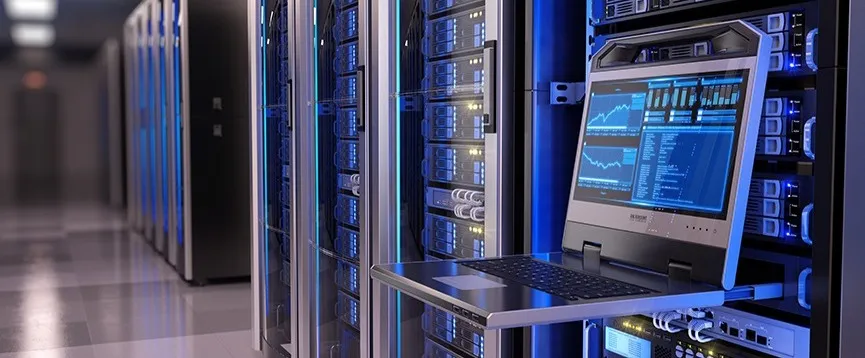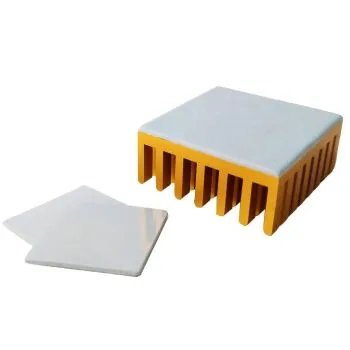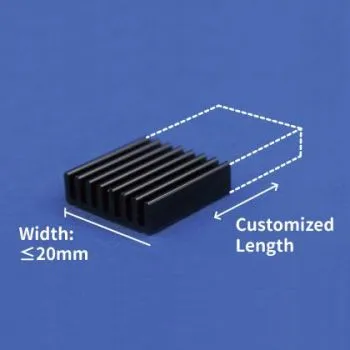In accordance with the European Union’s General Data Protection Regulation (GDPR), we are committed to safeguarding and ensuring your control over your personal data. By clicking “Accept All” you are permitting us to use cookies to enhance your browsing experience, assist us in analyzing website performance and usage, and deliver relevant marketing content. You can manage your cookie settings below. By clicking “Confirm” you are agreeing to the current settings.
Servers

With the emergence of technologies such as 5G, the Internet of Things, Artificial Intelligence and Cloud Computing in recent years, the server industry has experienced explosive growth. In line with the two major trends of "software definition" and "open standards," private industry and governments are collaborating to promote numerous high-tech research projects and the development of critical technologies. As the cloud industry chain continues to evolve, the annual power consumption of data centers, which are made up of numerous individual servers, increases greatly. Consequently, the effective thermal management of servers and data centers has become an increasingly crucial issue.
For various server types, such as 1U and 2U, we focus on liquid-cooling and air-cooling heat dissipation technologies. Each of these design principles has its own pros and cons, as well as specific applications where they are most suitable. Different server specifications also have their own unique requirements and suitable deployment environments. With the significant increase in computing, more reliable, high thermal conductivity heat dissipation materials are required to cope with the high power density of different servers. We approach thermal management in data centers from an energy-saving perspective, utilizing a wide array of tools ranging from theoretical thermal flow simulations to physical experimental testing, with a focus on optimizing design to improve energy conservation.
Applications:
-
Mid-range and high-end computers
-
Computing servers
-
Storage servers
-
Cloud servers

Servers
Server thermal management is crucial for system stability. Servers generate significant heat under high loads, making effective cooling essential. Common methods include thermal conductive materials, heat sinks, and fans. Materials like heat pipes or thermal paste transfer heat from components to heat sinks, and fans expel it. Liquid cooling is also popular for its efficiency. Proper cooling improves performance and extends equipment lifespan.




